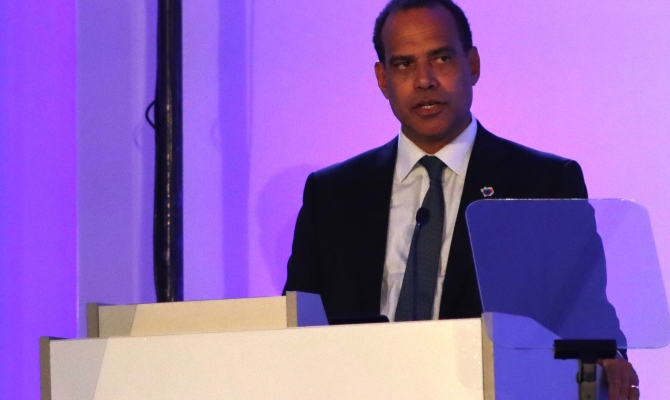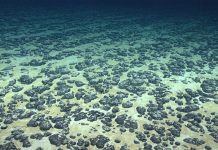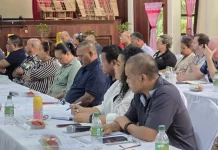As a regional group, the voice of our Pacific Small Islands Developing States resonated across the Fourth International Conference on Small Islands Developing States propelling the calls for stronger, urgent climate action for our Pacific Islands.
The challenges faced by our Island communities is well documented however there is a difference between reading and hearing of these impacts, and actually living with them.
Everyday life experienced by our Pacific Islanders is riddled with rising waters washing through homes, severe droughts leaving families with very little water, a shortage of local root crops and the constant threat of a deadly cyclone every year.
“As custodians of vast expanses of the Pacific Ocean, the Pacific Small Island Developing States embody resilience and stewardship. Yet, despite our minimal contributions to global greenhouse gas emissions, we find ourselves on the frontline of climate-induced catastrophes,” said Ralph Regenvanu, Minister of Climate Change of Vanuatu.
The island nation is the current Chair of the Pacific Small Islands Developing States.
“The existential threats of sea-level rise to the lives and livelihoods of our people, devastating tropical storms, and economic vulnerabilities, define our daily realities, and challenge our ways of life.”
Vanuatu, on behalf of all Pacific Small Islands Developing States has called for accelerated global efforts to address climate change comprehensively. This includes significant increases in financing for adaptation, mitigation and loss and damage, recognising the special circumstances of SIDS in the context of climate vulnerability.
“Our survival depends on the global community’s commitment to reduce emissions and phase out fossil fuels, while supporting our transition to renewable energy sources, and enabling us to address the unavoidable and significant loss and damages that occur with each increment of warming. Those who are most responsible for the climate crisis, which is the single greatest threat to our security and statehood, must go first, furthest, and fastest.The polluters must pay,” stressed Minister Regenvanu.
Highlighting the need for renewed and genuine commitment from international partners to support sustainable development for SIDS, Minister Regenvanu outlined that this includes the reformation of the global financial architecture – “to better meet our unique needs including more accessible and highly concessionary finance and debt relief initiatives.”
“Additionally, it necessitates the establishment and effective implementation of a New Collective Quantified Goal (or the NCQG) on climate finance that ensures adequate – commensurate to needs – predictable, and timely support for SIDS to address the multifaceted impacts of climate change.”
Economic resilience is a key topic of conversation for SIDS at the Conference for which the Pacific Small Islands Developing States believe must be built on the pillars of innovation and sustainable practices. As such they advocate for enhanced support in integrating digital technologies and fostering economic diversification.
“This will empower our communities, reduce dependency on external markets, and create sustainable livelihoods resilient to global shocks.”
Minister Regenvanu closed his statement by calling for a more dynamic and responsive United Nations system that effectively supports the specific needs of our Small Islands Developing States.
“This includes ensuring that SIDS perspectives are integrated into global policies and frameworks, particularly in areas of climate action, biodiversity conservation, and sustainable development.”
The SIDS4 conference is held from 27 to 30 May 2024.













